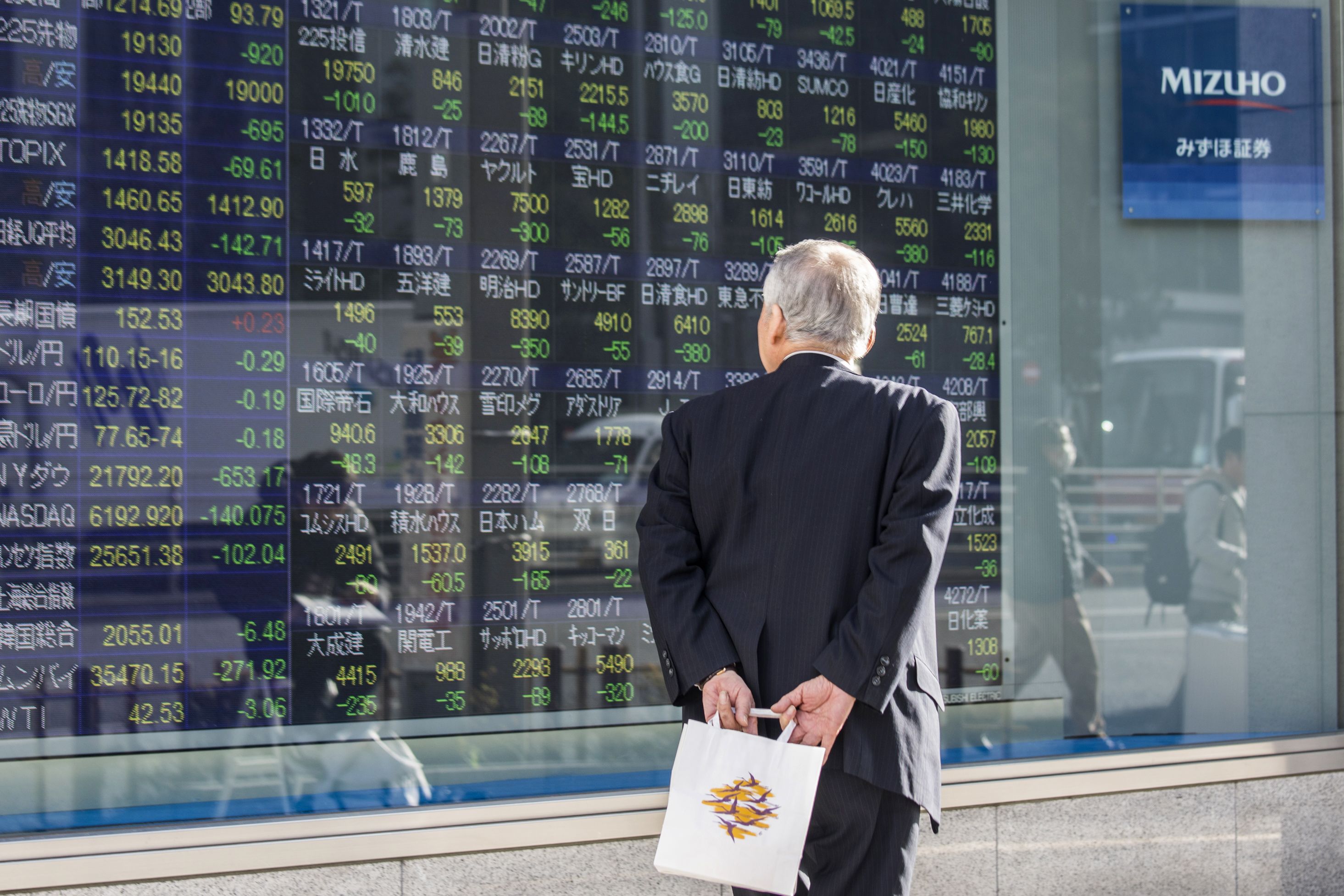
Shares in Asia Pacific traded lower on Thursday morning following an overnight slip for stocks on Wall Street.
Hong Kong’s Hang Seng index fell 1.01% in early trade. The benchmark index closed 1.73% lower on Wednesday, amid violent clashes between protesters and riot police over a controversial extradition bill.
“You already have significant political risk premium embedded into Hong Kong equities because of the trade effects that are going on and Hong Kong is the gateway to China. So the outlook for China has taken a knock in the past month or so,” Binay Chandgothia, managing director and portfolio manager at Principal Global Investors, told CNBC’s “Squawk Box” on Thursday.
“Add to that the possibility that something wrong could happen in terms of the ongoing protests. Then you could see Hong Kong equities get cheaper,” Chandgothia said.
He did, however, say that valuation levels in the Hong Kong markets are “fairly attractive” at present.
“At the same time, financial conditions are gonna be easy going forward because the markets are baking in expectations of a rate cut in the U.S. and given the peg between Hong Kong and U.S. rates, that should provide some support,” he said.
Mainland Chinese stocks also declined in early trade, with the Shanghai composite slipping 0.31% and the Shenzhen component falling 0.46%. The Shenzhen composite also shed 0.246%.
Elsewhere, the Nikkei 225 in Japan slipped 0.46% in morning trade as shares of Apple supplier Japan Display plummeted more than 10% after the company announced new restructuring plans, with the company’s president and CEO set to step down. The Topix index also declined 1.01%.
Over in South Korea, the Kospi shed 0.93% as shares of chipmaker SK Hynix dropped around 3%. The ASX 200 bucked the overall trend as it rose 0.26%.
Asia-Pacific Market Indexes Chart
Overnight on Wall Street, the Dow Jones Industrial Average slipped 43.68 points to close at 26,004.83 while the S&P 500 ended its trading day 0.2% lower at 2,879.84. The Nasdaq Composite lagged, sliding 0.4% to close at 7,792.72.
Wednesday’s declines stateside came following muted trading action in the previous session. The Dow closed marginally lower on Tuesday, ending a six-day winning streak.
Oil prices plunged on Wednesday following data that showed an unexpected increase in U.S. crude inventories for the second week in a row, against the backdrop of fears that fuel demand could weaken amid the U.S.-China trade fight.
U.S. West Texas Intermediate crude futures plunged $2.13 to $51.15 per barrel, tumbling 4% on the day to a new five-month low. Brent crude, the international benchmark for oil prices, fell $2.32 or 3.7%, at $59.97 a barrel, its first settle below $60 since January.
In the morning of Asian trading hours on Thursday, oil prices bounced slightly from those losses. U.S. crude futures rose 0.29% to $51.29 per barrel, while Brent added 0.38% to $60.20 per barrel.
The U.S. dollar index, which tracks the greenback against a basket of its peers, was at 96.976 after rising from levels around 96.6 yesterday.
The Japanese yen changed hands at 108.45 against the dollar after seeing levels below 108.3 in the previous session. while the Australian dollar traded at $0.6915 after slipping from the $0.696 handle yesterday.
— CNBC’s Fred Imbert and Tom DiChristopher contributed to this report.
